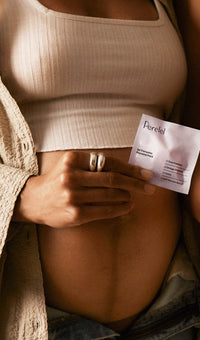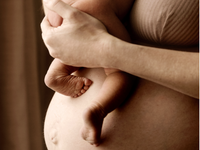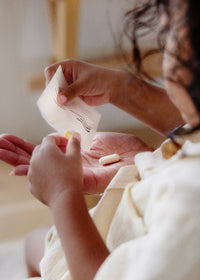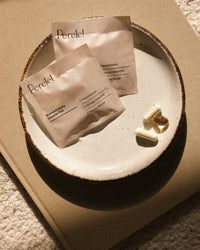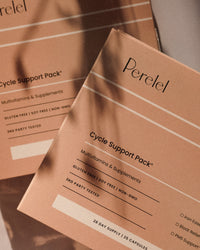When Sophia Roe first embarked on her pregnancy journey, there were certain challenges she already knew to anticipate. “Your body is going to change, your hormones… these are things that you inherently expect,” she says.
But while the James Beard Award-winning chef was all too aware of the Black maternal health crisis in this country, she didn’t expect to feel that dynamic so deeply in her own path to parenthood.
“Preparing for birth in the United States as a Black woman has been one of the most challenging things I’ve probably ever had to do in my life,” she says. “And I have the privilege of resources.”
The latest maternal mortality report from the CDC notes that as of 2023, maternal mortality rates have decreased in the U.S. across all demographics—except Black women. Black women are more than three times likely to die from a pregnancy-related death than mothers in other racial or ethnic groups.1
All the while, access to essential prenatal care continues to be a dire obstacle for many communities in the U.S. March of Dimes reports that as of 2024, 35% of counties in the United States are considered maternity care deserts: that is, lacking access obstetric clinicians or to any hospitals or birth centers with obstetric care.2
Even with a network of resources in New York City, Roe found herself astonished by how alone she felt in her own experience. “I’m terrified,” she admits. “The statistics are real, and you absolutely feel that the second you get pregnant as a Black woman in this country. It’s a whole other ball game when you’re actually out there looking for care. I’ve felt not listened to; not considered. To say there should be a separate guidebook for being Black and pregnant is an understatement.”

Roe’s passion for improving access to key resources for vulnerable populations isn’t anything new—she has been a staunch advocate for closing hunger gaps throughout her entire career. (“My beat is ‘bellies fed,’” she notes.) And her own pregnancy experience has helped illuminate a parallel mission. “Maternal equity is just like the access conversation with food,” she says. “If you are Black you are more likely to suffer from some sort of food insecurity. You’re more likely to suffer from inaccess to transportation, education… it’s exactly the same for prenatal or birth care."
Physical goods and resources are key to closing these gaps, to be sure—but knowledge is also a key tool to empower women to advocate for their health and their bodies during this crucial chapter of life. "Birth doesn't have to be scary," says Roe. "I don't think there's one pregnant woman in the U.S. who's like, 'Yeah! I got this!' It almost feels like this mystical thing. Why do I not know about so many things that you experience when you're pregnant? We're just not taught. We're just not educated on our bodies in the way that we need to be."
It's why Roe has teamed up with Perelel and Good+Foundation—a nonprofit organization that pairs essential goods with underserved communities—to offer free access to comprehensive pregnancy, birth and postpartum education to on-the-ground organizations serving Black birthing women, in honor of Black Maternal Health Week.
The bottom line? "It doesn't have to be this way," she says.
Resources:




